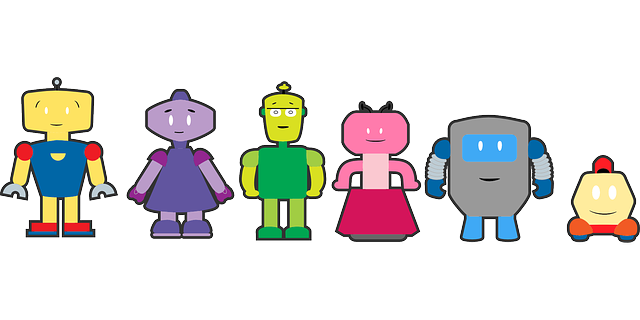Lecture (Level 2) – All it takes is 10 mindful minutes

by Andy Puddicombe
a former Buddhist monk with a degree in Circus Arts. He is the founder of Headspace, an award-winning digital health platform that provides guided meditation sessions for its users. As both author and public speaker, Puddicombe is known for his simple, accessible and secular approach, which has led to over 1 million users of the Headspace platform.
First preview the vocabulary below. Then do the exercise by first reading a single question and then listening for the answer. When you hear the answer, pause the video and answer the question. Then read the next question and do the same thing. If you get the answer wrong, then go back to where the answer is given and listen again.
Your Score:
Your Ranking:
Vocabulary:
frantic: too busy
reminiscing: remembering
precious: of high value
distracted: having your attention go to something else
assumes: thinks he has the right answer without all the evidence
meditation: a practice of letting your mind be calm
whole deal: everything
succession: things happening one after the other
inundated: flooded, having too many or too much
monk: a person who devotes his life to understanding God
tragic: resulting in something very bad
technique: a way of doing something
impacts: affects, changes
anxious: worried
wobbly: moving a little back and forth
restless: not being able to relax
agitated: disturbed, made uncomfortable
perspective: the way you look at something
potential: possibility
© 2014 Ambien Malecot








